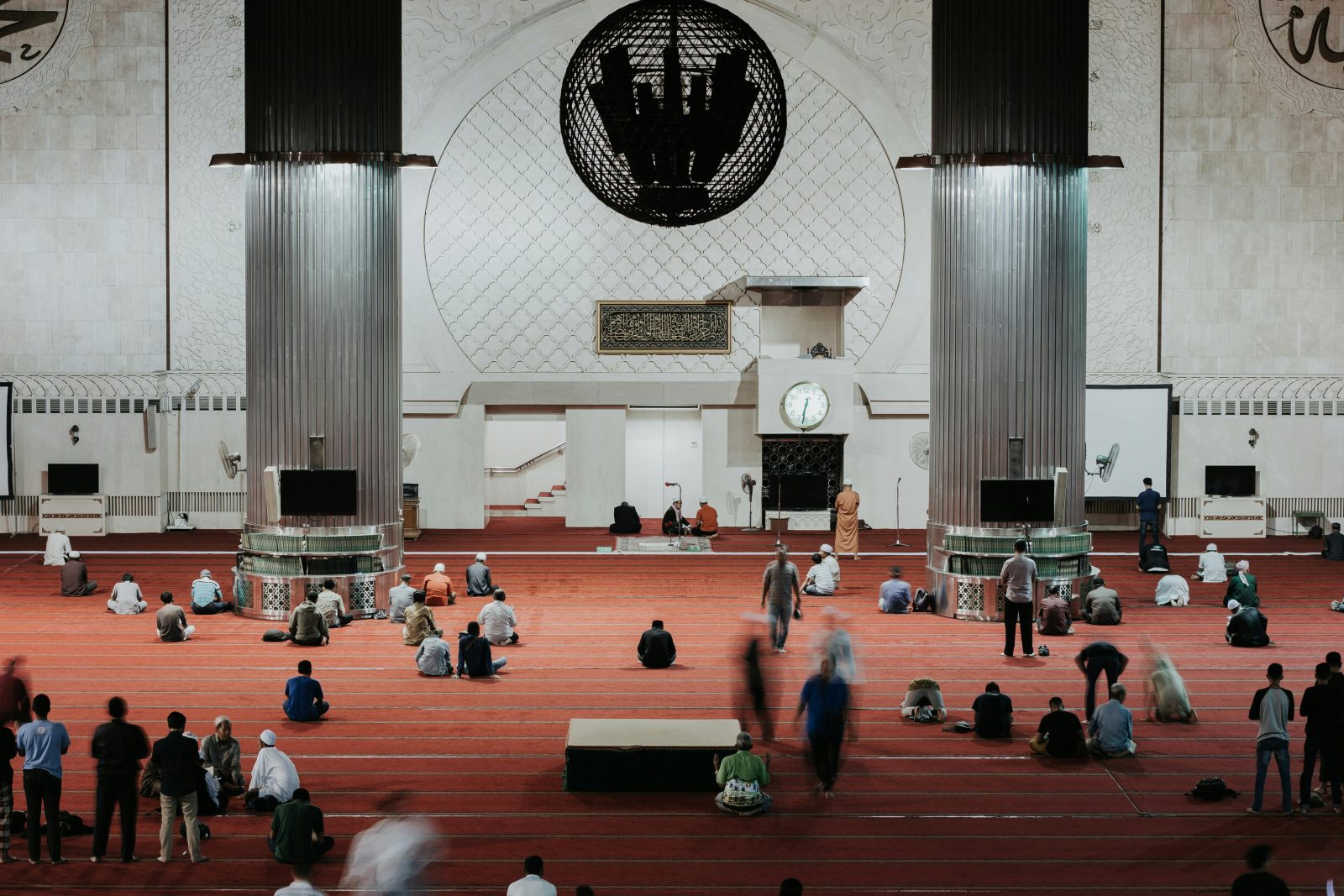A new report from the Massachusetts chapter of the Council on American-Islamic Relations (CAIR-MA) reveals a disturbing reality: nearly half of Muslim students in Massachusetts experience bullying because of their religion. This research, conducted during the 2023-2024 school year, sheds light on the high levels of harassment Muslim students face, including verbal abuse and physical violence.
According to the survey, which included 325 Muslim students from grades 6-12 across 11 counties, 48% of students reported being bullied simply because of their religious identity. This statistic is alarming as it shows that almost one in two Muslim students in the state face some form of bullying related to their faith.
The bullying experienced by these students isn’t just limited to teasing or name-calling. A significant portion of the students, 22%, reported being bullied regularly, with incidents occurring monthly, weekly, or even daily. This daily harassment often comes in the form of offensive remarks, exclusion, and even physical violence. Students who wear hijabs are particularly vulnerable, with 35% reporting that they were physically harassed or had peers try to remove their headscarves.
This bullying doesn’t only affect the students directly targeted; it also creates a climate of fear and tension within the school environment. About 37% of students said they had witnessed their Muslim peers being bullied. This contributes to what can be described as a collective trauma, where Muslim students feel unsafe and isolated from their peers.
The study also reveals that many Muslim students feel unsafe in their school environments. A shocking 10% of students felt unsafe revealing that they were Muslim, while 23% considered changing their behavior or appearance to hide their faith. This is a clear indication of the fear Muslim students experience when it comes to expressing their religious identity in schools.
One significant finding of the survey was the compounded discrimination faced by Muslim students, particularly those who also belong to ethnic minorities. Around 52% of students reported facing bullying based on both their ethnicity and religion, showing that intersecting identities can exacerbate the challenges they face.
Unfortunately, the bullying doesn’t stop with the students. Some faculty members and school staff are also contributing to the problem. The survey found that 35% of students reported hearing offensive comments about Islam from teachers or staff members. Additionally, 22% felt that lessons about Islam were biased or misrepresented, further perpetuating harmful stereotypes.
The report from CAIR-MA is a clear call for action. Tahirah Amatul-Wadud, Executive Director of CAIR-MA, urged school administrators, teachers, and policymakers to take immediate action to create a safer environment for all students, regardless of their religious identity. The organization calls for the implementation of several strategies to address the issue of bullying and Islamophobia:
- Implementing prevention and intervention programs specifically targeting identity-based bullying.
- Cultivating a culture of inclusion and accountability within schools.
- Creating educational opportunities for students and staff to learn more about Islam and the Muslim community.
- Providing cultural humility training to raise awareness of Islamophobia and how to combat it.
- Encouraging the formation of Muslim student organizations to provide support and create a sense of community.
- Evaluating and revising the curriculum to ensure that lessons about Islam are accurate and respectful.
- Providing accommodations for religious practices, such as prayer times and dietary needs.
With the growing rates of bullying based on religion, it is clear that more needs to be done to protect Muslim students and ensure they can attend school without fear of harassment or discrimination. Schools must take responsibility for creating environments where all students, regardless of their faith, can learn, grow, and thrive without facing violence or exclusion.
The findings of this survey highlight an urgent need for change. By addressing these issues head-on and implementing meaningful changes, schools in Massachusetts and across the country can begin to create safer spaces for Muslim students and ultimately contribute to a more inclusive society.
(Source : campussafetymagazine.com)













Leave a Reply